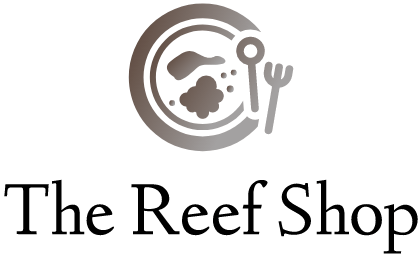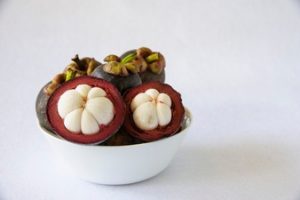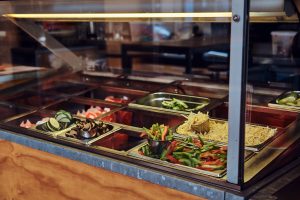
How to Buy the Best Thanksgiving Turkey
Everyone wants to impress family and friends with a wonderful celebration meal, right? Most people don’t believe that it will affect the quality and taste of this turkey. It is the source and breeding method of this turkey. Therefore, the most important step in preparing an unforgettable feast, the pre-cooking step, is to buy the right turkey.
Where did your turkey come from?
If you buy a turkey from a local grocery store, there is a 99% chance that it will come from a factory farm. Factory and traditionally raised turkeys usually inject salt, water and other preservatives during processing to extend the shelf life and reduce costs. These birds are bred in cramped, unhygienic conditions, without fresh air or sunlight. The main concern of the producer is to encourage the growth of the largest breasts in the shortest growth time, resulting in a disproportionate number of birds whose breast areas are usually too fleshy to fly, breed or even stand.
It is easy for some people to turn a blind eye to how their food is grown. Most people don’t know where the things on their plates come from. But what if you turn a blind eye and get sick?
In 2011, Cargill, one of the country’s largest meat producers, recalled 36 million pounds of turkey products due to possible salmonella contamination. This particular outbreak of Salmonella, a strain called Salmonella Heidelberg, is resistant to several commonly used antibiotics. In 2000, an outbreak of Listeria in Cargill’s turkey meat was believed to have caused 4 food poisoning-related deaths and 3 miscarriages, and 17.6 million pounds of meat were recalled. Cargill also often faces environmental and labour lawsuits and fines. For example, after misleading Arizona officials about the company’s factory emissions and the leakage of 218,000 gallons of toxic saltwater in San Francisco Bay Cargill’s San Francisco Bay, they were sentenced to paying $7.7 million. California Salt Industry. A well-bred turkey tastes better. Traditional turkeys are raised in smaller groups, free-range, and given extra time to grow. They provide more delicious meat and are not infused with salt or preservatives. Grass-grazing turkeys also contain higher levels of omega-3 than factory-raised turkeys. Organic turkeys are fed only certified organic feed (that is, they do not contain GMOs or antibiotics).
Therefore, when you need to buy your bird, choose fresh, organic, pasture-raised turkey. No, you may not find any of these turkeys in the grocery store across the street, but if you work hard to find the right turkey, like making turkeys, I guarantee your guests will get a meal you will never forget. You will be happy to know where the food you serve comes from and under what conditions it is grown. We can entirely thank you for this.
First, ask your local grocery store if there are organic free-range birds. You may be lucky.
To find turkeys from a local farm near you, visit the Agrilcious website with Local Harvest.
Read our blog on 6 Tips to Help You Travel in Greece







